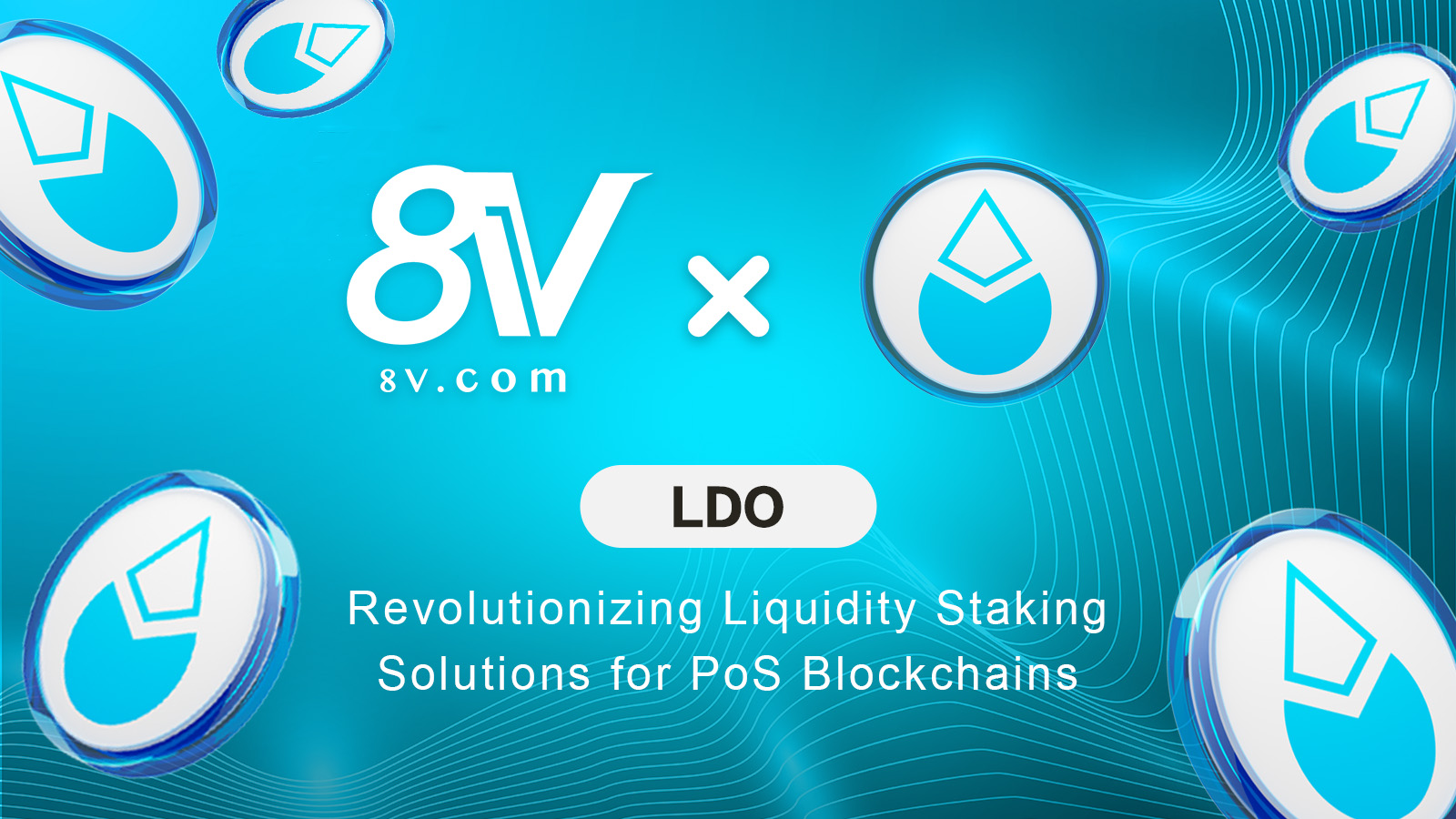Lido DAO (LDO)
A Comprehensive Guide to Lido DAO (LDO): Everything You Need to Know

Introduction to Lido DAO: What Makes It Unique?
Lido DAO is a decentralized autonomous organization offering a novel staking infrastructure for several blockchain networks. Its standout feature is the liquid staking solution for Ethereum, where users can stake ETH and receive stETH tokens. These tokens represent the user’s staked ETH and accrued rewards. The platform combines decentralized governance, audited smart contracts, and a robust security framework, marking it as a unique and innovative player in the DeFi space.
Tokenomics and Technical Foundations of LDO
What Type of Coin is LDO?: Understanding Its Role in the Ecosystem
- Native Token: LDO, serving as the governance token.
- Circulating Supply: Approximately 879,588,042 LDO (as of June 2023).
- Max Supply: 1,000,000,000 LDO.
- Token Allocation:
- DAO treasury: 36.32%.
- Investors: 22.18%.
- Validators and signature holders: 6.5%.
- Initial developers: 20%.
- Founders and future employees: 15%.
Key Technical Features of Lido DAO (LDO): What Sets It Apart?
Lido’s Lido V2, a major protocol release, introduces efficient and versatile liquid staking for Ethereum 2.0. Its liquid staking model allows users to deposit ETH, receiving stETH tokens in return, which can be traded or used in various DeFi protocols. This innovation provides a more liquid and flexible form of staked ETH, broadening its use cases.
The History and Development Team Behind Lido DAO
Founded in 2020 by Konstantin Lomashuk, Vasiliy Shapovalov, and Jordan Fish, Lido was launched with support from notable finance firms and angel investors. The collective effort of these financial firms and individual contributors laid the foundation for Lido’s success.
Market Overview of LDO
Lido’s market presence is significant, with its native token, LDO, actively traded on various exchanges. The platform’s focus on Ethereum and Polygon staking positions it uniquely in the growing DeFi sector.
Comparative Strengths and Weaknesses: How Lido DAO (LDO) Holds Up Against its Competitors
Lido stands out with its user-friendly staking solutions, eliminating the need for technical expertise and large capital. However, reliance on Ethereum’s performance and smart contract security remain areas of potential vulnerability.
Investment Thesis for LDO
Potential Use-Cases of LDO: Why It Matters
- Decentralized Governance: LDO holders can influence key decisions.
- Liquid Staking: Facilitates a more flexible approach to staking ETH.
- DeFi Integration: stETH tokens can be utilized in various DeFi protocols.
Risks and Challenges Facing Lido (LDO): An Investor’s Guide
- Market Volatility: Linked to the broader crypto market trends.
- Smart Contract Security: Despite audits, smart contracts pose inherent risks.
- Regulatory Uncertainty: The evolving regulatory landscape for DeFi.
Long-Term Investment Prospects of LDO
Lido’s innovative approach to staking and active community governance present long-term growth potential, particularly as the Ethereum network evolves.
Why LDO Stands Out in the Crypto World
Lido’s unique liquid staking solution, robust security measures, and decentralized governance structure set it apart in the crowded crypto space, offering a compelling option for both casual and serious investors.
Essential Links for Lido DAO (LDO)
- Official Homepage of Lido DAO (LDO): Lido Homepage
- Explore Lido DAO (LDO) on the Block Explorer: Etherscan for Lido
- Follow Lido DAO (LDO) on Social Media: Twitter
- Trade Lido DAO (LDO) on 8V Exchange: 8V Exchange

